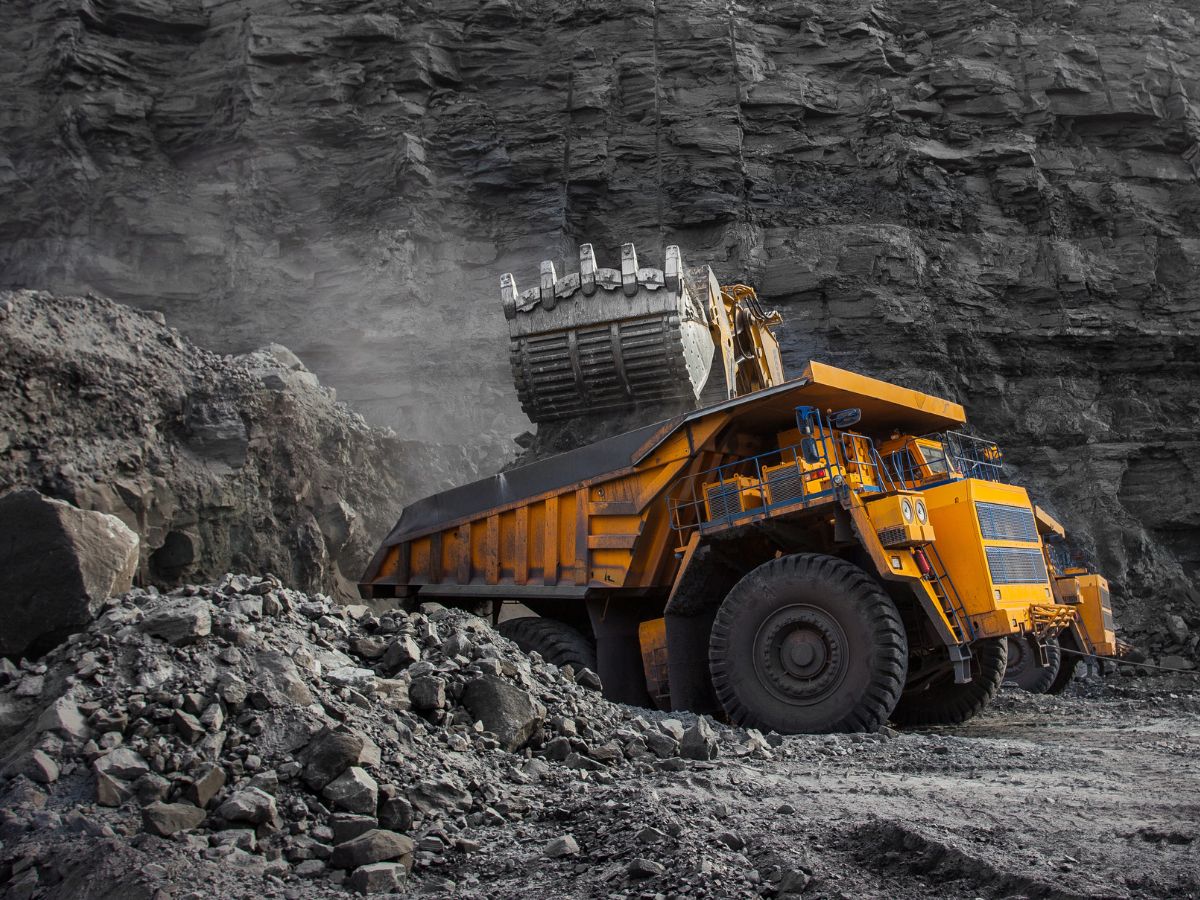India Has Fourth Largest Coal Deposits, Yet Spends Over Rs. 3.85 Lakh Crore on Imports Last Year
Talking about the share of imports in total coal consumption reduced from 26% to 21% during last five years.

According to the Ministry of Coal, India has spent over Rs 3.85 lakh crore on coal imports in the past year. This is a significant outflow of foreign exchange, and the government is working to reduce India's reliance on imported coal. However the Ministry's goal is to enhance coal production and to ensure adequate availability of coal for the fast growing economy of the country.
Talking about the share of imports in total coal consumption reduced from 26% to 21% during last five years. Still, India is importing more than 200 Million Tonne (MT) of coal annually by incurring huge foreign exchange outflow.
Last year, India spent more than Rs. 3.85 lakh crores on import bill of coal. India has fourth largest deposits of coal. It is, therefore, prudent to enhance domestic production so as to reduce import dependence, the Ministry mentioned.
Join PSU Connect on WhatsApp now for quick updates! Whatsapp Channel
Read Also : Paytm Board Approves Rs 2,250 Crore Investment in Payments ArmCoal is India's primary source of energy, accounting for over 70% of the country's electricity generation. However, India's domestic coal production is not enough to meet its growing energy needs. As a result, India has to import coal to meet the gap.
Read Also : Shipping Corporation of India Appoints R. Lakshmanan as Government Nominee DirectorIn recent years, India's coal imports have been increasing due to a number of factors, including:
Rising demand for electricity from households and industries
Declining quality of domestic coal reserves
Delays in opening new coal mines
India's reliance on imported coal makes it vulnerable to fluctuations in international coal prices. In recent months, coal prices have surged due to the war in Ukraine and other factors. This has led to an increase in India's coal import bill.
